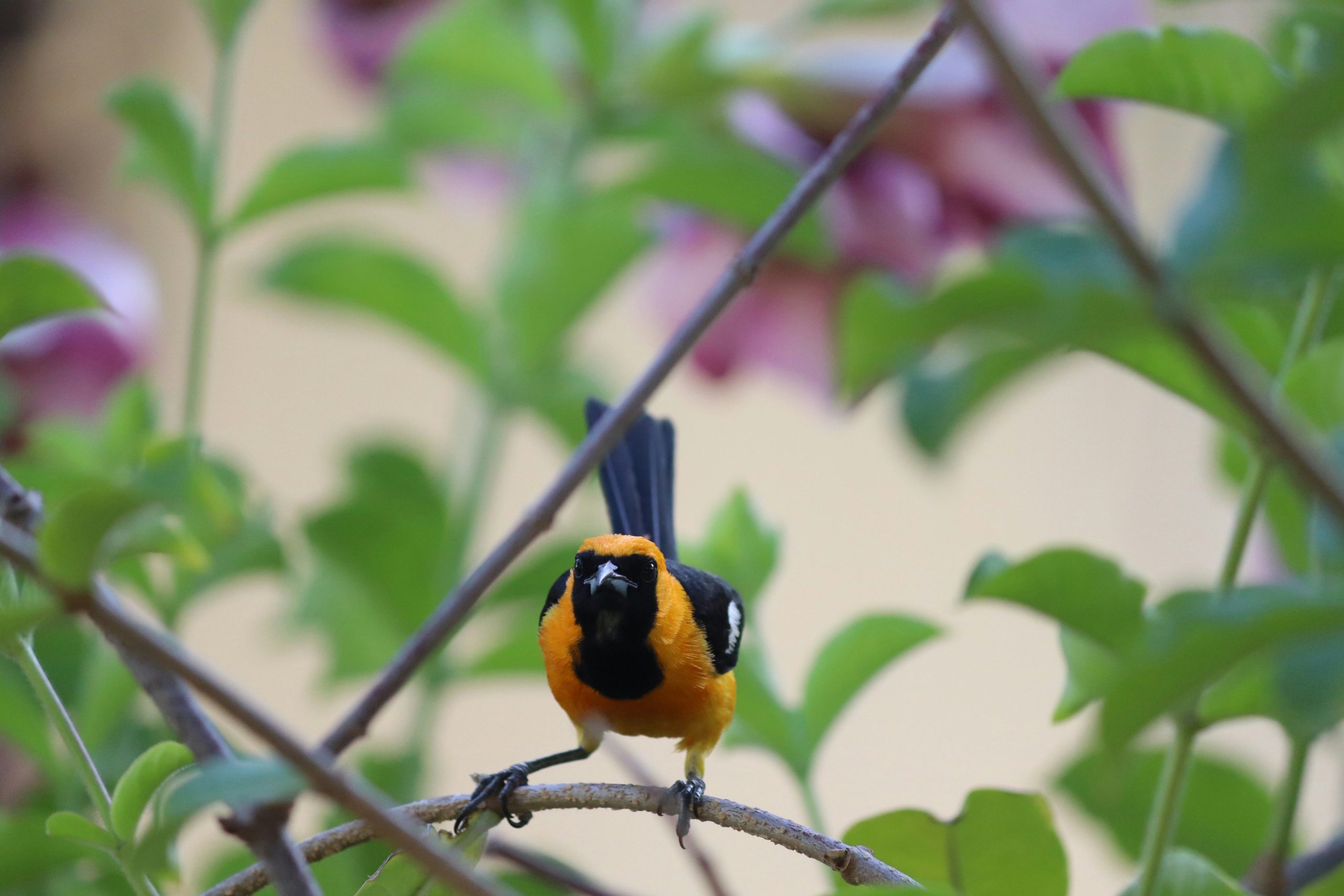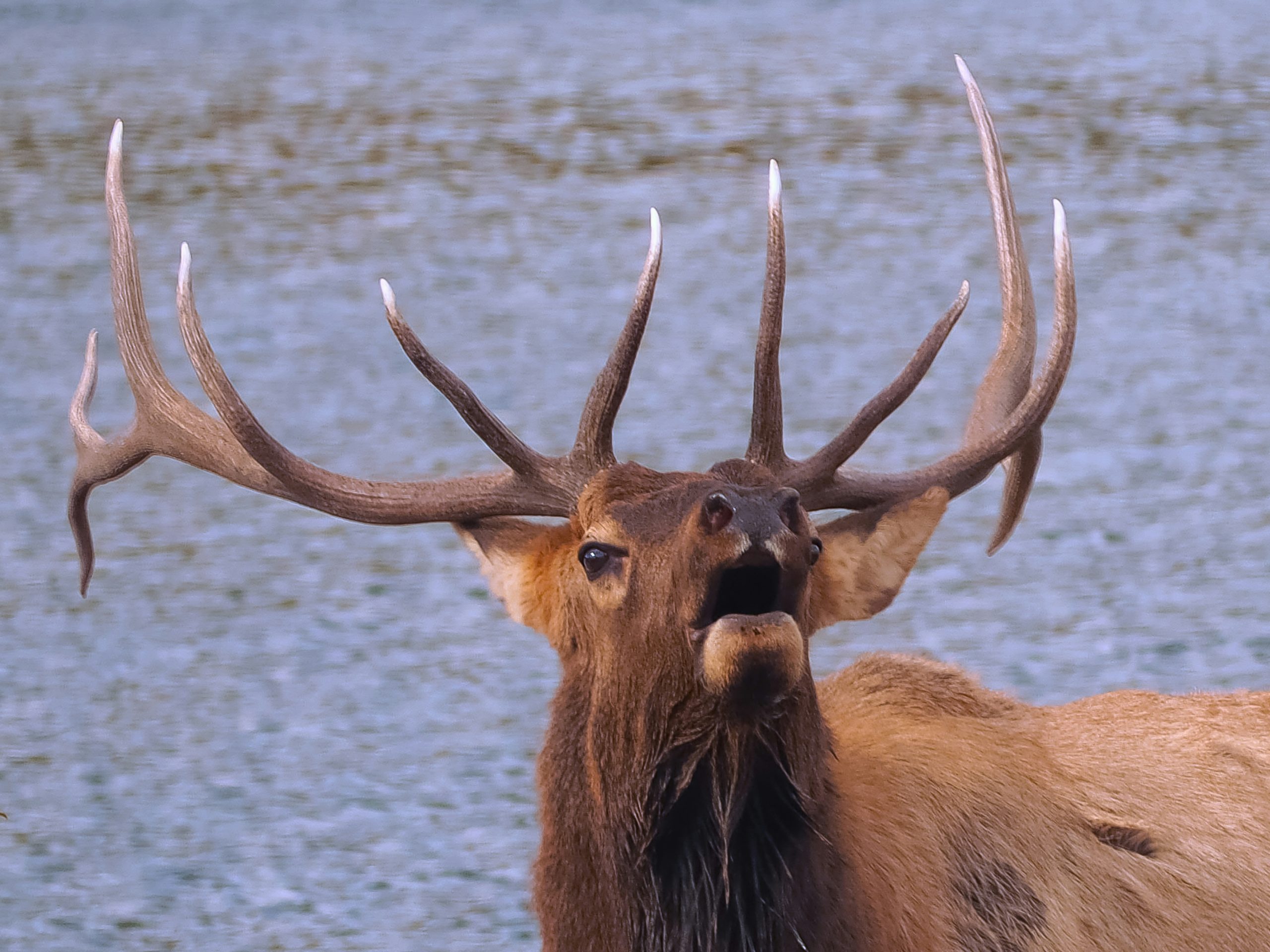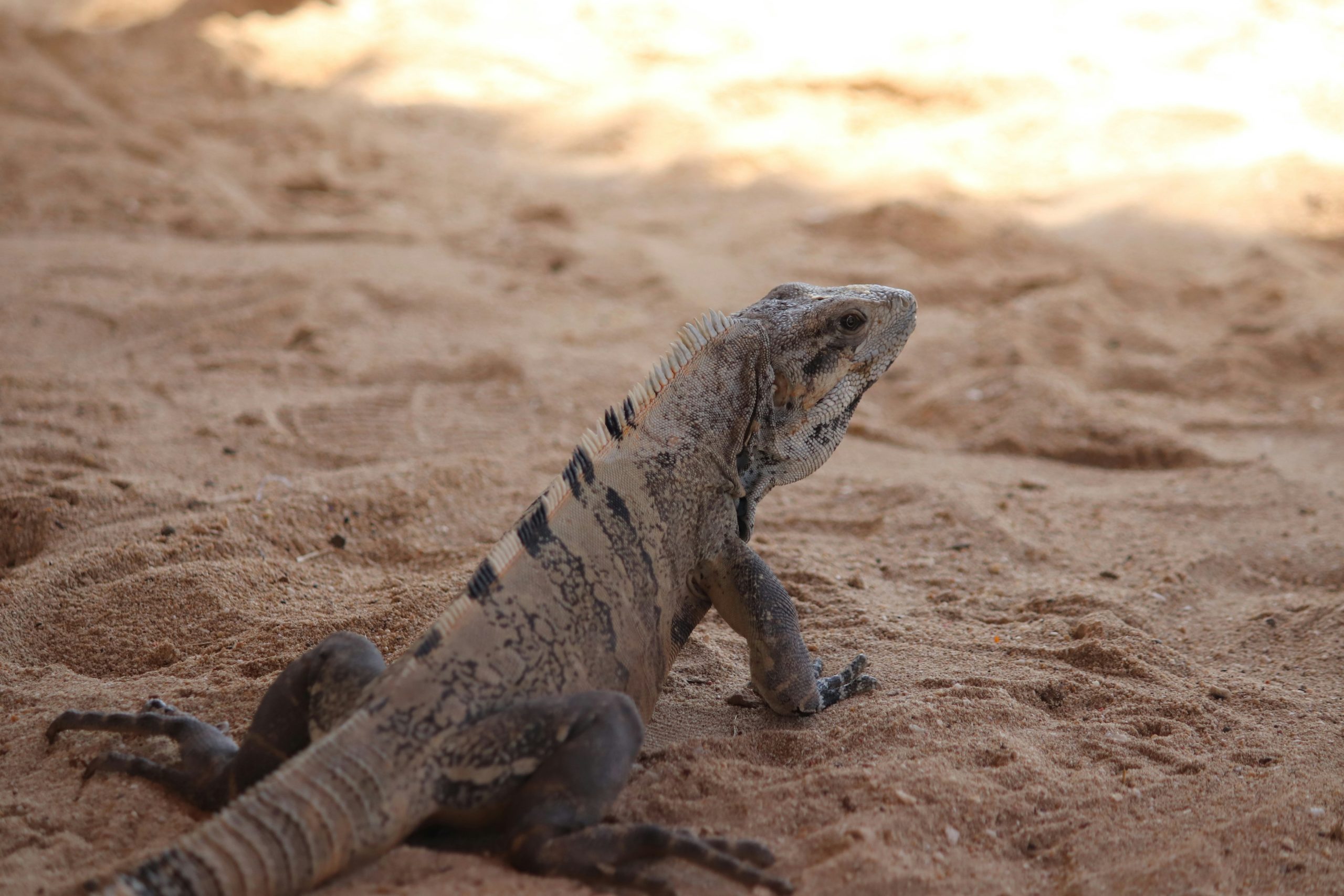wildlife conservation tours

Explore the wonders of African wildlife through responsible tourism! Join us on conservation tours in Africa to witness majestic animals thriving in their natural habitats. Let’s make a difference together.
Importance of Wildlife Conservation in Africa

African wildlife is under constant threat from various factors such as poaching, habitat loss, and climate change. Wildlife conservation tours play a crucial role in preserving the rich biodiversity of the continent while promoting sustainable tourism practices. These tours not only provide unique and unforgettable experiences for travelers but also contribute to the protection and conservation of Africa’s precious wildlife.
Conserving Africa’s Wildlife and Wildlands Through the COVID-19 Crisis and Beyond
The COVID-19 pandemic has had a significant impact on wildlife conservation efforts in Africa. With the decline in tourism due to travel restrictions, many conservation organizations have faced challenges in funding their projects. However, this crisis has also highlighted the importance of protecting Africa’s wildlife and wildlands for future generations. Wildlife conservation tours can help support these efforts by raising awareness and providing much-needed financial support for conservation initiatives.
Meet the Black Mambas, South Africa’s All-Female Anti-Poaching Unit
The Black Mambas are a group of brave women who are leading the charge against poaching in South Africa. Through their patrols and community outreach programs, they have been instrumental in protecting wildlife and combating illegal poaching activities. Wildlife conservation tours often include opportunities to meet and learn from inspiring individuals like the Black Mambas, showcasing the critical role that local communities play in conservation efforts.
World Tourism Day: The Benefits of Wildlife Tourism
Celebrated on September 27th, World Tourism Day emphasizes the importance of tourism in promoting global awareness of social, cultural, political, and economic values. Wildlife tourism not only provides immersive experiences for travelers but also generates revenue that can be reinvested into conservation projects. By supporting responsible wildlife tourism, travelers can contribute directly to the preservation of Africa’s iconic wildlife species.
The Top 10 Countries for Conserving Wildlife in Their Natural Habitat
Africa is home to a diverse range of wildlife species, and several countries on the continent have made significant strides in conserving their natural habitats. Countries like Kenya, Tanzania, and South Africa have established national parks, reserves, and conservation initiatives to protect their wildlife populations. Wildlife conservation tours often highlight these conservation success stories, showcasing the best practices that can be adopted in other regions to safeguard biodiversity.
‘GMA’ in Africa: How You Can Help Wild Animal Conservation Efforts
Good Morning America’s initiative in Africa shed light on the urgent need to support wild animal conservation efforts. By participating in wildlife conservation tours, travelers can actively contribute to conservation projects, engage with local communities, and gain a deeper understanding of the challenges facing Africa’s wildlife. Through education and advocacy, individuals can make a positive impact on wildlife conservation in Africa.
In conclusion, wildlife conservation tours play a vital role in raising awareness, supporting conservation efforts, and promoting sustainable tourism practices in Africa. By engaging in these tours, travelers can experience the beauty of Africa’s wildlife while actively participating in its protection and preservation for future generations. Wildlife conservation in Africa is not just a choice – it’s a necessity for the survival of the continent’s precious biodiversity.
Threats to Wildlife in Africa

Study Shows Kids Can Save Wildlife Too
The engagement of young generations in wildlife conservation efforts is crucial for the future of Africa’s biodiversity. Research indicates that educating children about the importance of wildlife and conservation can have a significant impact on raising awareness and fostering a sense of responsibility towards protecting endangered species. Educational programs aimed at children not only instill a love for wildlife but also empower them to contribute actively to conservation initiatives.
South Africa’s Wildlife Ranches Can Offer Solutions to Africa’s Growing Conservation Challenges
Wildlife ranches in South Africa play a vital role in conservation by providing protected habitats for various species. These ranches implement sustainable practices and conservation programs, contributing to the preservation of wildlife populations. By supporting these initiatives through wildlife conservation tours, visitors can directly contribute to the protection of endangered species and the maintenance of biodiversity in the region.
The Wild Animals at Risk in Lockdown
The global lockdowns imposed due to the COVID-19 pandemic have had a significant impact on wildlife across Africa. With reduced human activities and tourism, animals face threats such as poaching, habitat loss, and disruptions in their ecosystems. Understanding the vulnerabilities faced by wildlife during these challenging times underscores the importance of continuous conservation efforts and responsible tourism practices to mitigate adverse effects on biodiversity.
How Lack of Tourism Is Affecting Wildlife Conservation in Madagascar
Madagascar, renowned for its unique biodiversity, heavily relies on tourism for funding conservation projects. The decline in tourism due to the pandemic has led to financial challenges for wildlife conservation initiatives in the country. Supporting conservation tours in Madagascar is essential to sustain the protection of endangered species and fragile ecosystems, highlighting the interconnectedness between tourism, conservation, and the preservation of Africa’s wildlife.
The 12 Endangered Birds Most at Risk of Extinction
1. __African Penguin__
2. __Grey Crowned Crane__
3. __Northern Bald Ibis__
4. __Sokoke Scops Owl__
5. __Lappet-faced Vulture__
6. __White-shouldered Ibis__
7. __Sidamo Lark__
8. __Red-headed Vulture__
9. __Taita Falcon__
10. __Sociable Lapwing__
11. __Yellow-eyed Penguin__
12. __Blue-throated Macaw__
How Pioneering Women Are Changing the Landscape of Wildlife Conservation in Africa
Women in conservation are making significant strides in reshaping the approach to wildlife protection in Africa. Through innovative projects, advocacy, and community engagement, women conservationists are leading efforts to address conservation challenges effectively. Recognizing and supporting the contributions of these pioneering women in wildlife conservation tours can amplify the impact of conservation initiatives and promote gender equality in the field.
Vultures Mostly Forage Outside Protected Areas; Conservation Efforts Should Be Focused There, Urges Study
Recent studies emphasize the importance of extending conservation efforts beyond protected areas to safeguard vulture populations. Vultures predominantly forage outside of traditional reserves, exposing them to various threats such as poisoning and habitat destruction. By targeting conservation interventions in these critical habitats outside protected areas, wildlife conservation tours can play a vital role in protecting vultures and promoting their survival in the wild.
Q-and-A with Dr. Biruté Mary Galdikas | Blog Posts
Exploring the insights and experiences of renowned conservationists such as Dr. Biruté Mary Galdikas offers valuable perspectives on wildlife conservation efforts in Africa. Through informative interviews and blog posts, experts in the field share their knowledge, challenges, and achievements in protecting wildlife. Learning from their expertise can inspire individuals to engage in conservation activities and support wildlife conservation tours that contribute to preserving Africa’s rich biodiversity.
Why Wildlife?
The conservation of wildlife is essential for maintaining ecological balance, biodiversity, and the overall health of ecosystems. Wildlife plays a critical role in pollination, seed dispersal, and regulating prey populations, contributing to the sustainability of natural habitats. Understanding the interconnectedness of wildlife with the environment underscores the significance of protecting and conserving diverse species for future generations to enjoy and benefit from.
The Most Ethical Ways To See Animals in South Africa
1. Choose Responsible Wildlife Viewing: Opt for wildlife tours that prioritize animal welfare and conservation principles.
2. Support Accredited Sanctuaries: Visit reputable sanctuaries that rescue and rehabilitate animals ethically.
3. Avoid Animal Interactions: Refrain from activities that involve exploiting or harming wildlife for entertainment.
4. Educate Yourself: Learn about the conservation challenges facing wildlife in South Africa and how tourism can contribute positively.
5. Engage in Sustainable Tourism: Select eco-friendly accommodations and tour operators committed to conservation practices for a more ethical wildlife experience.
By embracing ethical and responsible wildlife viewing practices in South Africa, visitors can contribute to the protection of animals and their natural habitats while promoting sustainable tourism initiatives that benefit local communities and conservation efforts.
Role of Tourism in Wildlife Conservation

Travel with Purpose: Wildlife Sanctuaries for Young and Old to Learn About Animal Conservation Efforts
Embarking on wildlife conservation tours provides a unique opportunity for individuals of all ages to engage firsthand with wildlife conservation efforts. Wildlife sanctuaries serve as educational platforms where visitors can learn about the importance of preserving biodiversity and protecting endangered species.
National Parks Combining Tourism with Wildlife Conservation
National parks play a crucial role in the intersection of tourism and wildlife conservation. These protected areas not only attract tourists seeking unforgettable wildlife experiences but also serve as vital habitats for a myriad of species. By promoting sustainable tourism practices within national parks, we can ensure the long-term preservation of wildlife populations.
What COVID-19 Travel Bans Have Done to Conservation Tourism in Africa
The global COVID-19 pandemic has significantly impacted conservation tourism in Africa. Travel bans and restrictions have led to a decline in revenue for wildlife reserves and conservation organizations, jeopardizing their ability to carry out crucial conservation initiatives. As travel resumes, supporting wildlife conservation tours becomes more important than ever.
Responsible Rhino Tourism
Rhinos are among the most endangered species in the world due to poaching and habitat loss. Participating in responsible rhino tourism initiatives can contribute to the protection and conservation of these majestic creatures. By raising awareness and funding through wildlife conservation tours, we can help secure a future for rhinos in the wild.
How Advisors Can Take Part in Wildlife Tourism Responsibly
Travel advisors play a pivotal role in promoting responsible tourism practices within the wildlife conservation sector. By guiding travelers towards sustainable wildlife tourism experiences and supporting ethical wildlife sanctuaries, advisors can uphold conservation standards and promote environmental stewardship.
How Wildlife Tourism in Africa Reduces Poverty
Wildlife tourism in Africa has the potential to uplift local communities and reduce poverty through job creation and economic opportunities. By engaging in conservation tourism activities, travelers can contribute to the socio-economic development of host regions while supporting wildlife conservation efforts.
Opinion: Tourism Helps Wildlife Conservation – But We Need to Be Thinking Much Bigger
While tourism undeniably plays a crucial role in supporting wildlife conservation, there is a growing need to expand our efforts and think beyond traditional approaches. Embracing innovative conservation strategies and advocating for sustainable wildlife tourism practices can lead to more significant positive impacts on biodiversity conservation.
Ecotourism Is Helping Elephants Return to Kenya’s Mathews Range
Ecotourism initiatives are instrumental in restoring wildlife populations, such as the elephants in Kenya’s Mathews Range. By promoting conservation-focused wildlife tours that prioritize the protection of natural habitats, we can create a conducive environment for species recovery and ecological balance.
Scourge or Saviour? How Tourism Is Impacting Sri Lanka’s Abundant Wildlife
The impact of tourism on wildlife in destinations like Sri Lanka is a complex interplay of benefits and challenges. While tourism can generate revenue for conservation efforts, improper management practices can threaten local ecosystems and wildlife habitats. Striking a balance between wildlife tourism and conservation is essential for ensuring sustainable coexistence.
Wildlife Preservation and Its Importance in Tourism
The preservation of wildlife is intricately linked to the success of the tourism industry. By prioritizing conservation efforts and advocating for sustainable wildlife tourism practices, we can safeguard biodiversity, protect natural habitats, and ensure immersive wildlife experiences for generations to come.